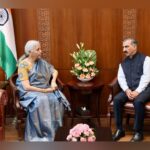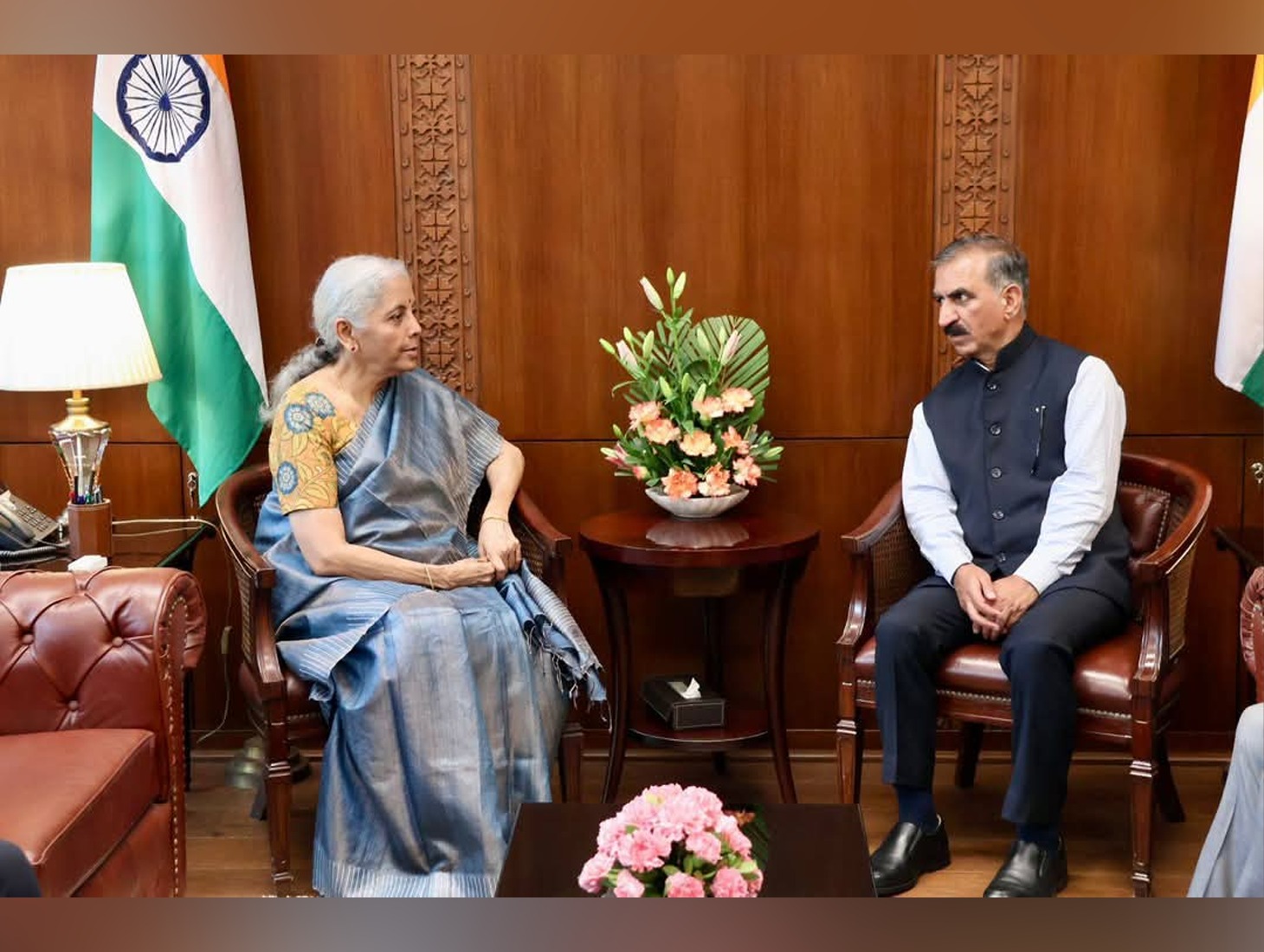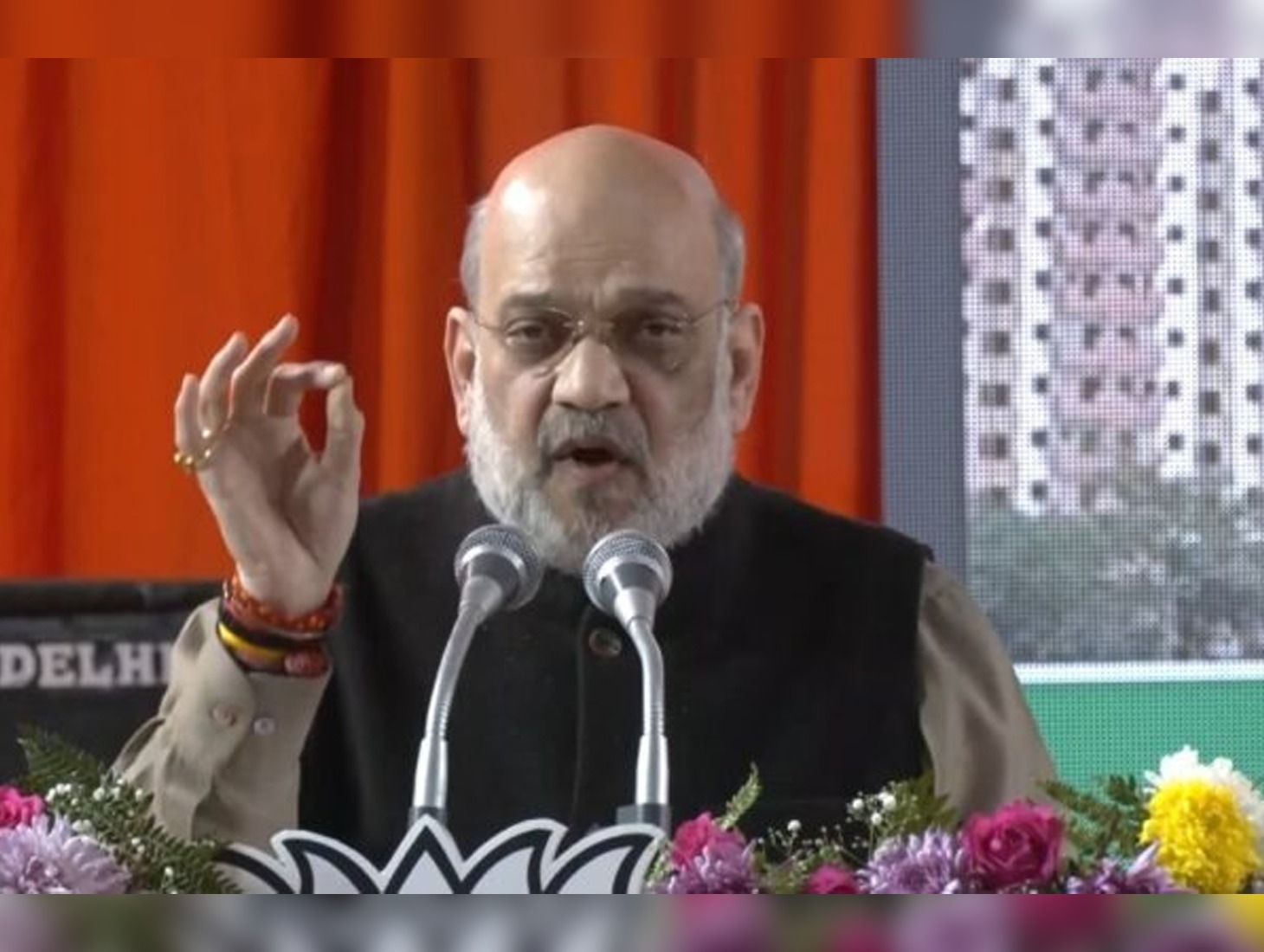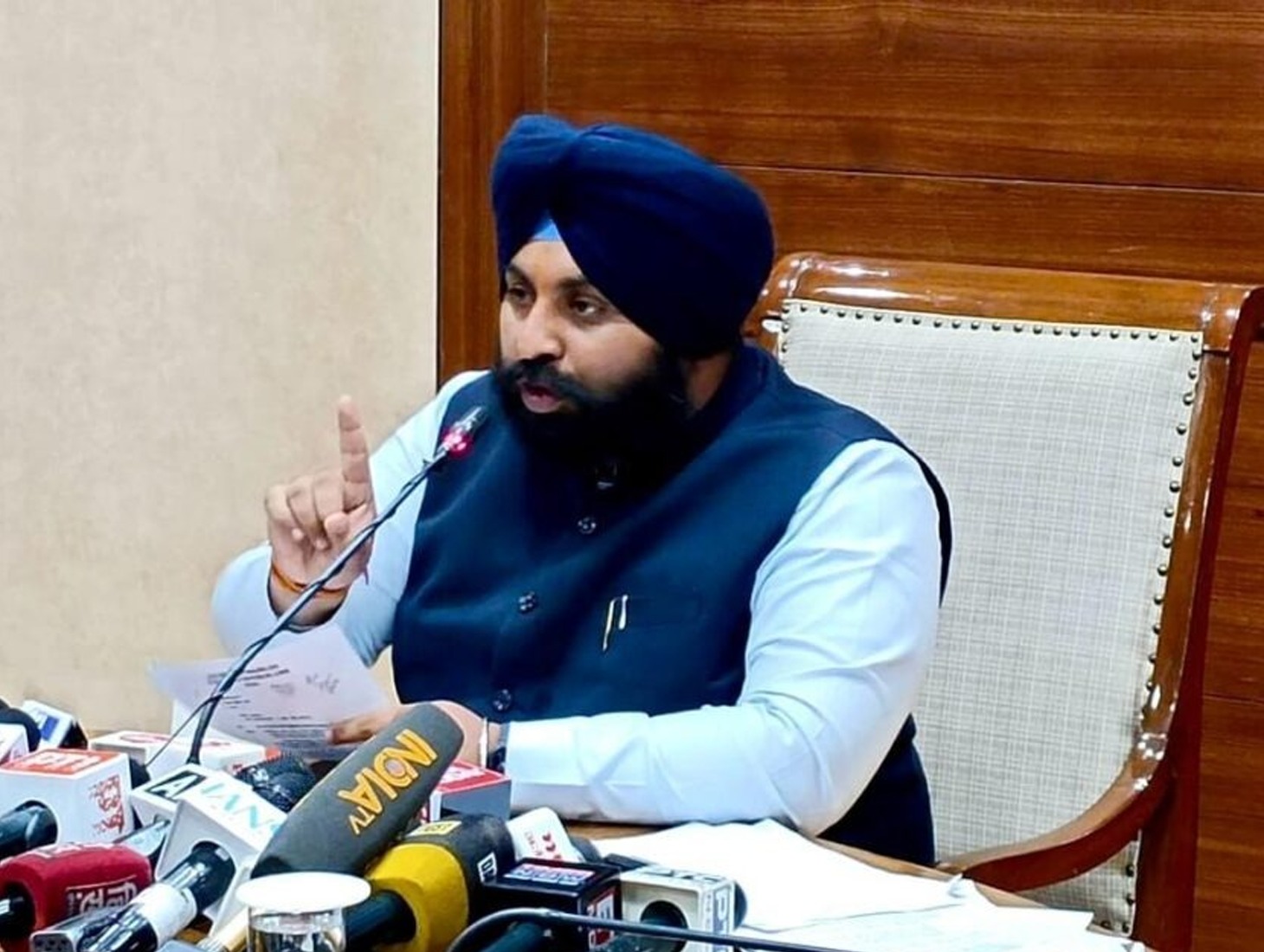The North News
Chandigarh, March 10
The cancellation of former Indian Premier League (IPL) chairman Lalit Modi’s Vanuatu passport is a significant step in the fight against financial fugitives who exploit international loopholes to evade justice. The Vanuatu government, led by Prime Minister Jotham Napat, made it clear that Lalit Modi’s citizenship application would have been automatically rejected if an Interpol alert had been issued. The fact that Interpol twice refused to issue an alert, citing a lack of substantive judicial evidence, exposes the challenges authorities face in pursuing financial criminals who navigate the gray areas of international law.
Lalit Modi, who has lived abroad since 2010, is among a growing list of high-profile Indians accused of financial misconduct who have sought refuge in foreign countries. The allegations against him involve financial irregularities during his tenure as IPL chairman—accusations he has consistently denied. However, the Vanuatu Prime Minister’s assertion that Modi’s intention was to avoid extradition speaks volumes about how certain individuals manipulate global mobility to escape accountability.
This case underscores a broader trend where financial offenders attempt to exploit citizenship and passport programmes in countries with lenient regulations. Lalit Modi is not the first to attempt this route, and unless global standards tighten, he will not be the last. Such attempts to circumvent justice must be met with stringent international protocols and robust bilateral agreements, ensuring that economic offenders cannot hide behind foreign citizenships.
The Indian government’s firm stance on financial fugitives, including recent steps to secure the extradition of economic offenders, is a commendable approach. The Centre has been systematically working with international agencies, enhancing diplomatic ties, and leveraging legal frameworks to bring back those who have siphoned off public money. The crackdown on economic offenders through measures such as the Fugitive Economic Offenders Act is a clear message: fleeing India will not translate into freedom.
However, more needs to be done at the international level. Vanuatu’s swift action is an example that other nations with similar citizenship programmes should follow. It is time for a collective global effort to prevent financial offenders from exploiting legal and procedural loopholes. Countries must prioritize integrity over the revenue generated by selling passports and citizenship.
India, with its robust diplomatic and legal push, is setting an example. The world must respond by tightening the net around economic offenders, ensuring that those who commit financial fraud cannot find safe havens to live luxuriously while victims of their crimes suffer
















